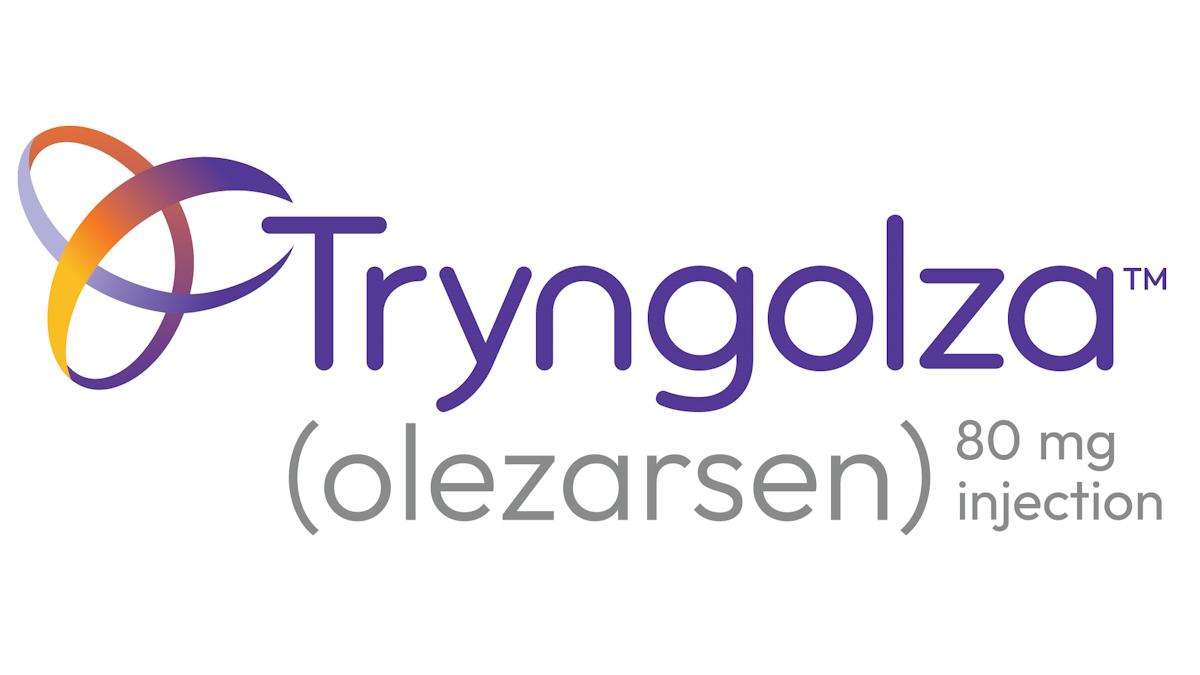FDA clears Ionis drug as first therapy for rare disease FCS

Ionis Pharma's olezarsen has become the first FDA-approved drug therapy for adults with familial chylomicronaemia syndrome (FCS), an ultra-rare disease that leads to elevated triglyceride levels in the blood.
The drug – formerly known as IONIS-APOCIII-LRx – has been cleared under the Tryngolza brand name as an adjunct to diet to reduce triglycerides in adults with FCS, which can lead to life-threatening complications, including acute pancreatitis.
Ionis said the approval is "transformational" not just for FCS patients and their families, but also for the company, as it is the first of four products that the company intends to commercialise without a commercial partner. It intends to launch the drug before the end of the year with an annual price tag of $595,000 – which comes in at the high end of analyst expectations.
Prior to this, the only treatment available to patients with FCS was restricting triglyceride intake – basically, an extremely low-fat diet. Aside from being very dull, making it hard to stick with, the diet can be difficult, expensive, and time-consuming and makes eating away from home a challenge.
FCS is caused by a deficiency or impaired activity of the enzyme lipoprotein lipase (LPL), which is responsible for metabolising triglycerides, and is estimated to affect fewer than 5,000 people in the US. Many patients are undiagnosed, but Ionis has predicted that, with an available drug treatment, patient identification will go up.
Olezarsen acts by inhibiting the body's production of apoC-III, a protein that regulates triglyceride metabolism in the blood, and is also being developed by Ionis for severe hypertriglyceridaemia (sHTG), which would be a much larger patient population. It is given as a self-administered injection once a month.
The FDA approval stems from the 66-patient BALANCE study, which met its primary objective of reducing triglyceride levels in the blood compared to placebo and also achieved an absolute reduction in acute pancreatitis, cutting cases to zero at the highest test dose of 80mg, given as a monthly injection after six months. A lower 50mg dose did not work significantly better than placebo.
In the study, Tryngolza achieved an average reduction in acute pancreatitis cases of 90% at the commercial dose, along with an 84% cut in pancreatitis-related hospitalisation.
Ionis' Akcea unit already sells an RNA interference (RNAi) drug targeting apoC-III for FCS patients at high risk of acute pancreatitis – Waylivra (volanesorsen) – but only in Europe, as the FDA turned down the marketing application for the drug in 2018.
Ionis is expecting to report phase 3 results for olezarsen in sHTG in the second half of next year, setting up a possible FDA approval in 2026. The company has previously suggested that approval for both FCS and sHTG could lead to Tryngolza achieving $1 billion-plus in annual sales.
There is potential competition on the way from Arrowhead Pharma, whose plozasiran was submitted for approval with the FDA as a treatment for FCS in November.











